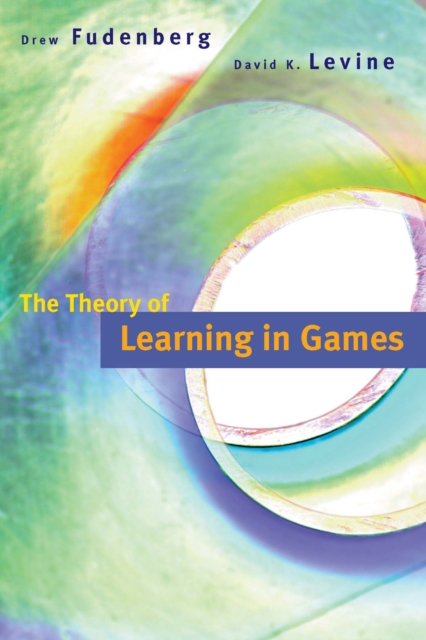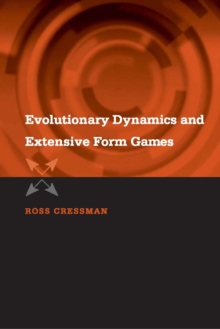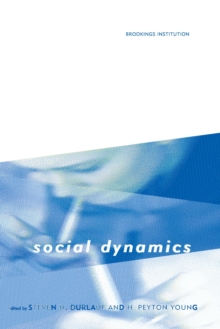
The Theory of Learning in Games PDF
by Drew Fudenberg, David K. Levine
Part of the Economic Learning and Social Evolution series
Description
In economics, most noncooperative game theory has focused on equilibrium in games, especially Nash equilibrium and its refinements. The traditional explanation for when and why equilibrium arises is that it results from analysis and introspection by the players in a situation where the rules of the game, the rationality of the players, and the players' payoff functions are all common knowledge. Both conceptually and empirically, this theory has many problems.
In The Theory of Learning in Games Drew Fudenberg and David Levine develop an alternative explanation that equilibrium arises as the long-run outcome of a process in which less than fully rational players grope for optimality over time. The models they explore provide a foundation for equilibrium theory and suggest useful ways for economists to evaluate and modify traditional equilibrium concepts.
Information
-
Download - Immediately Available
- Format:PDF
- Pages:294 pages
- Publisher:The MIT Press
- Publication Date:03/06/1998
- Category:
- ISBN:9780262273312
Information
-
Download - Immediately Available
- Format:PDF
- Pages:294 pages
- Publisher:The MIT Press
- Publication Date:03/06/1998
- Category:
- ISBN:9780262273312










